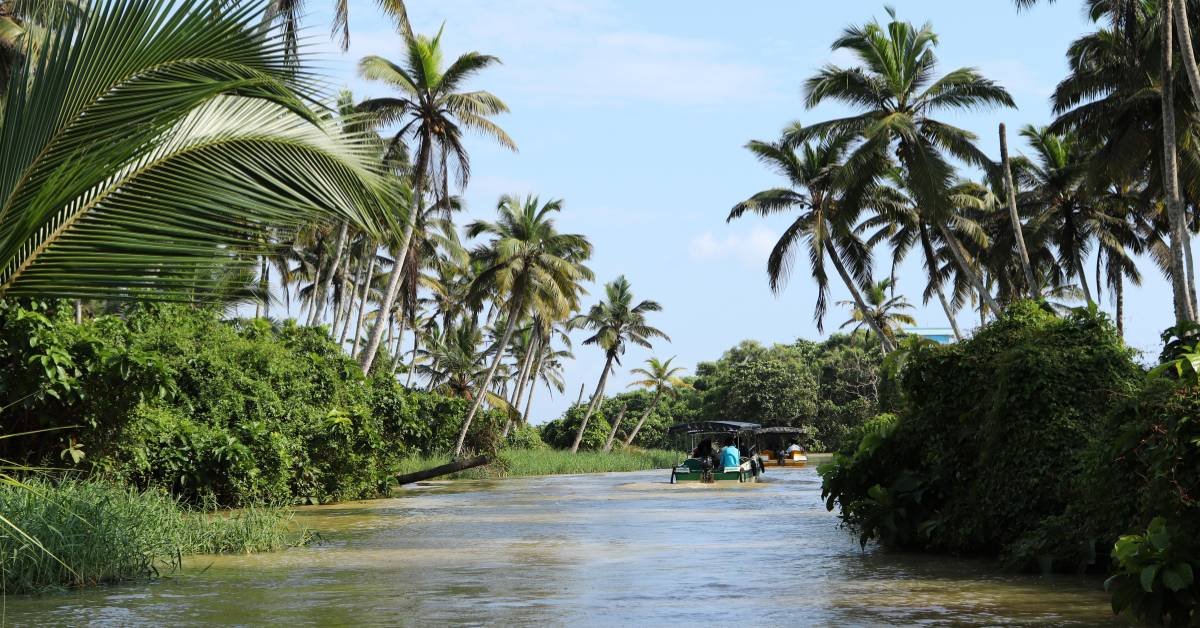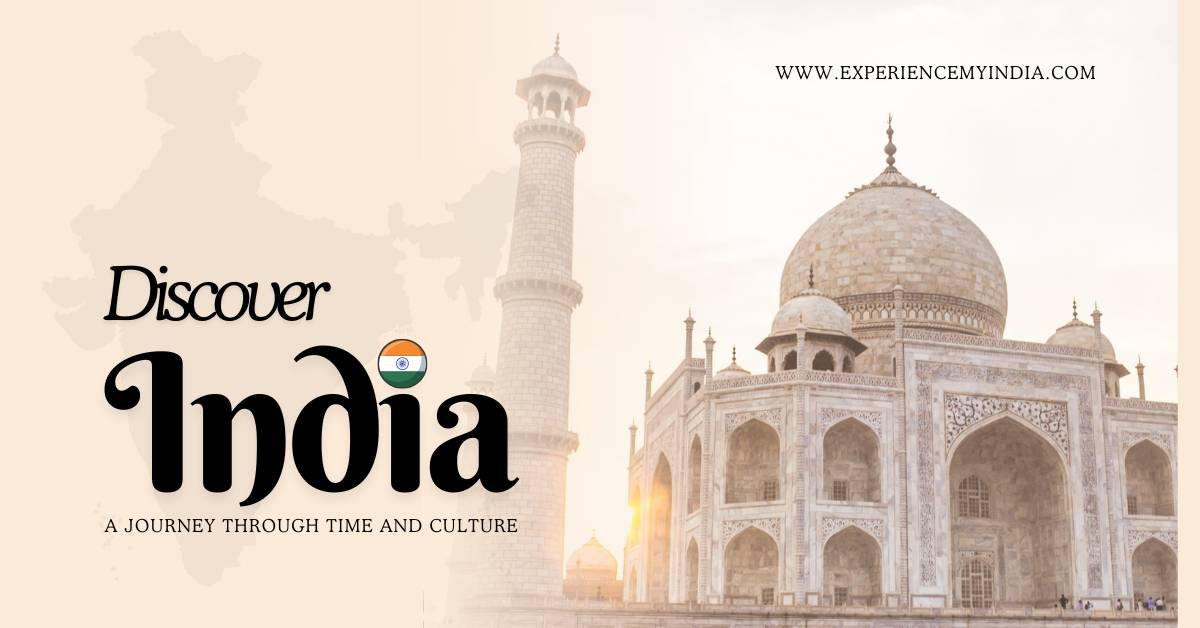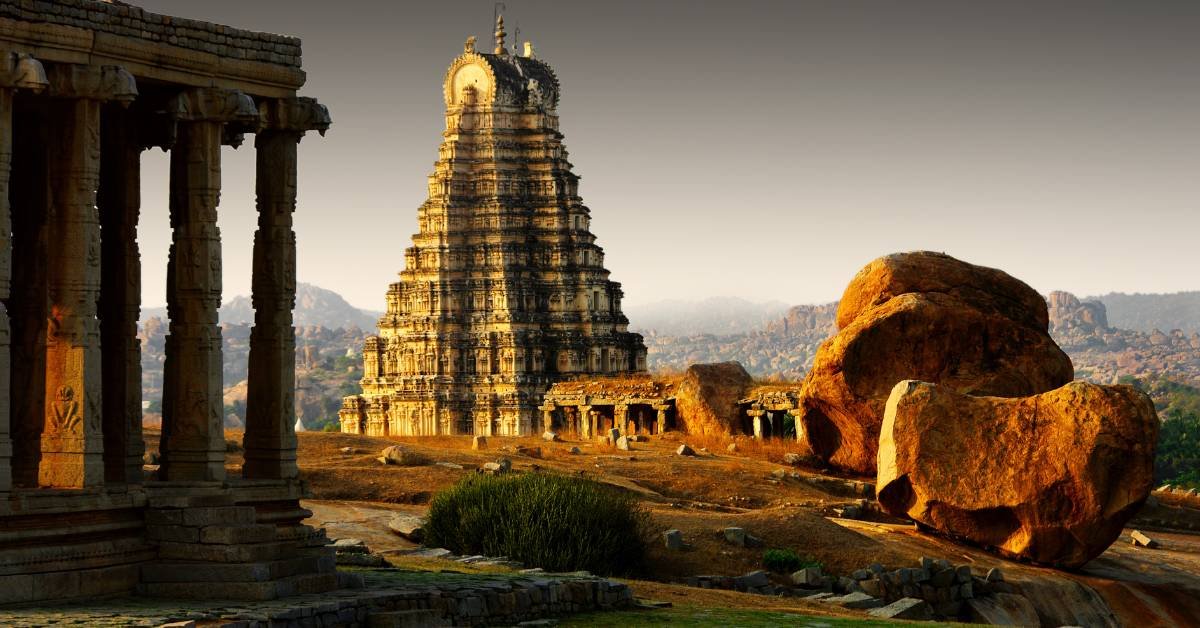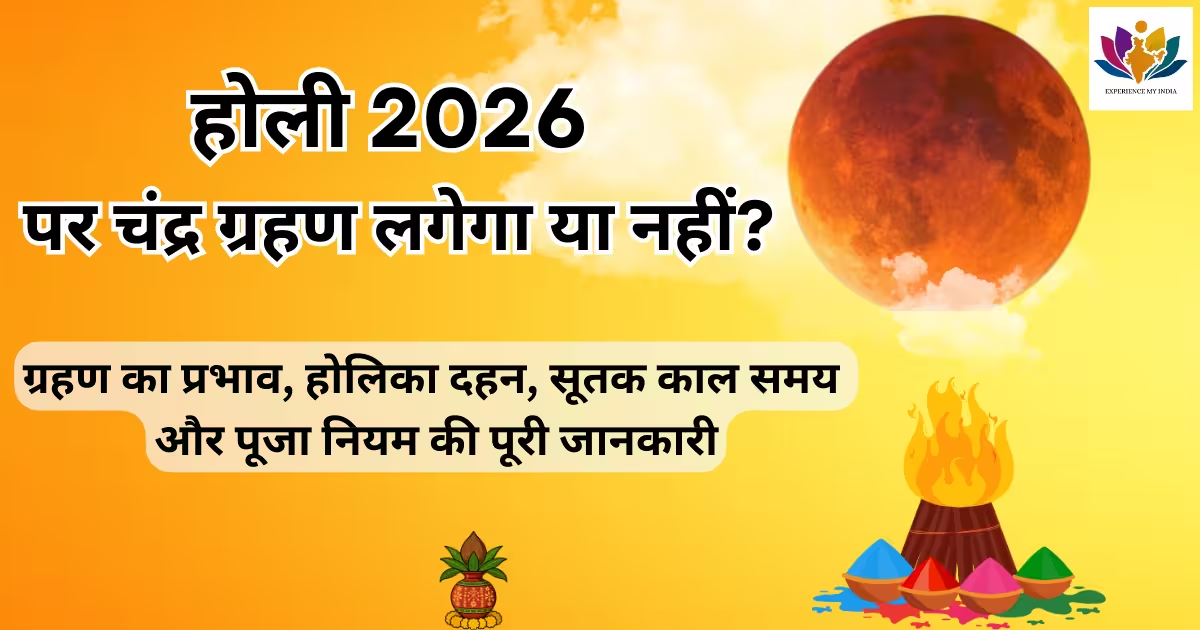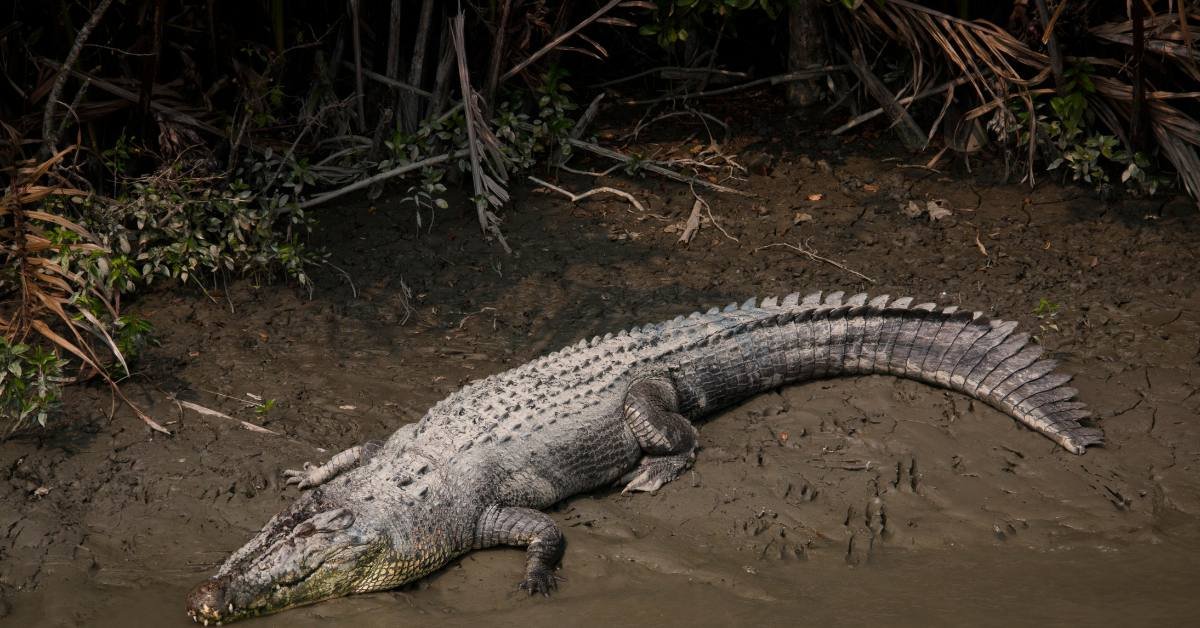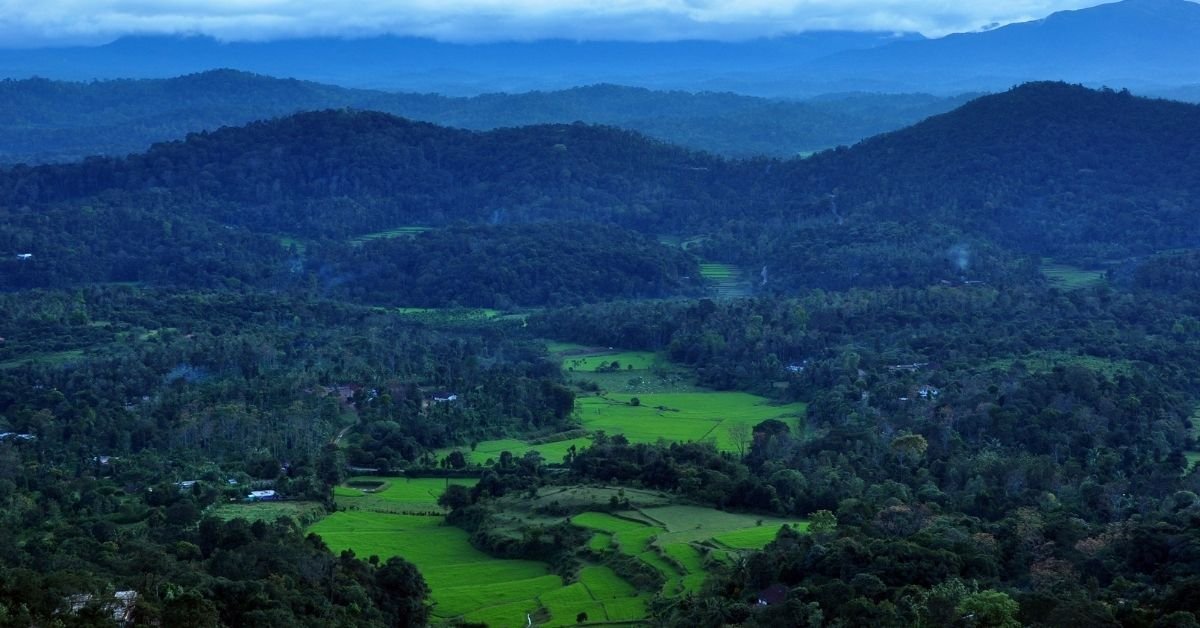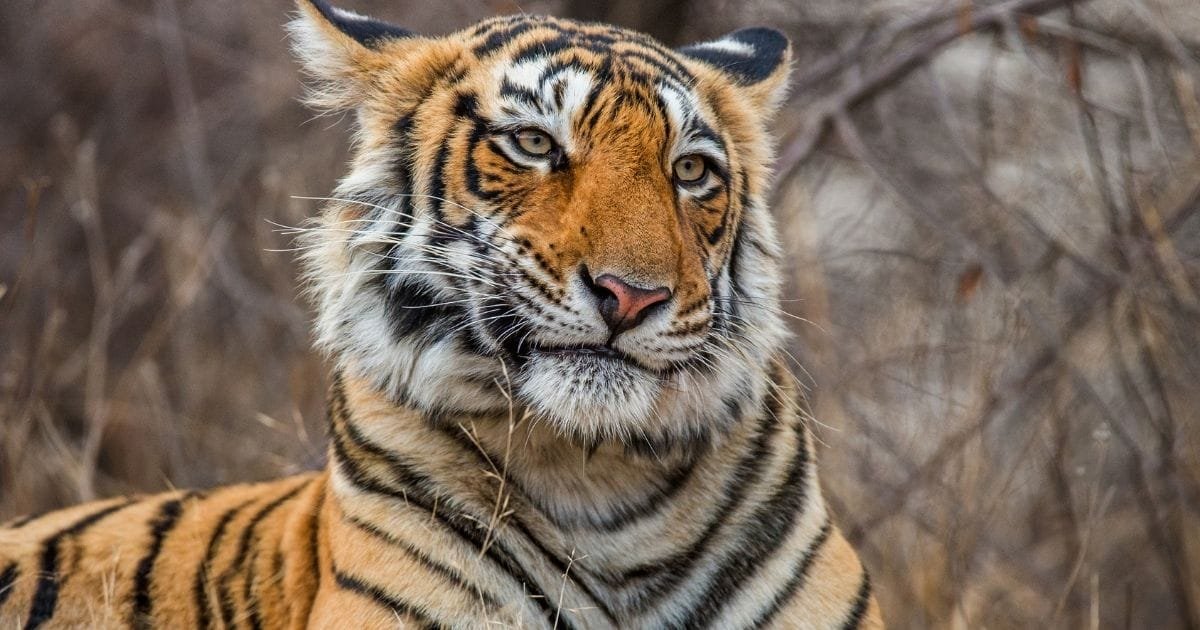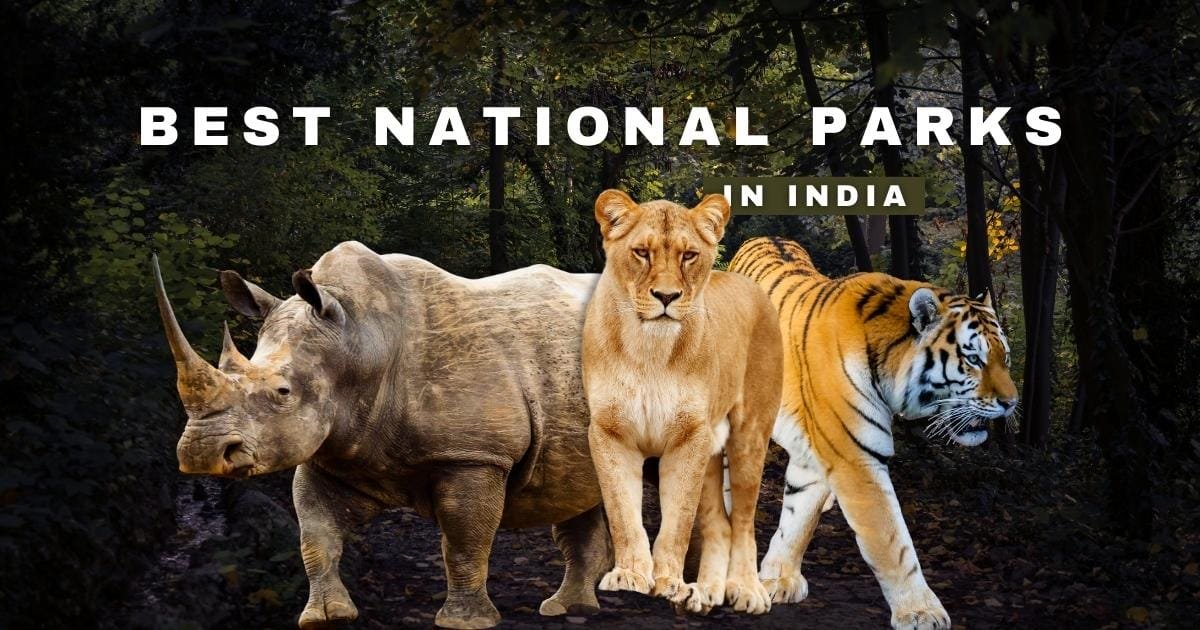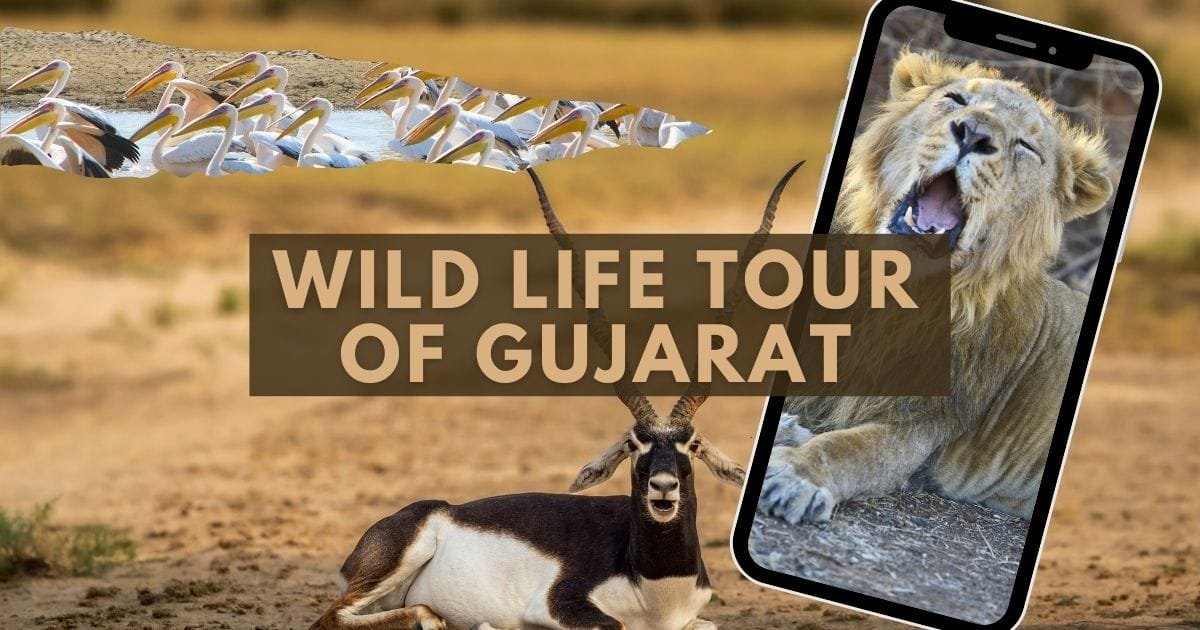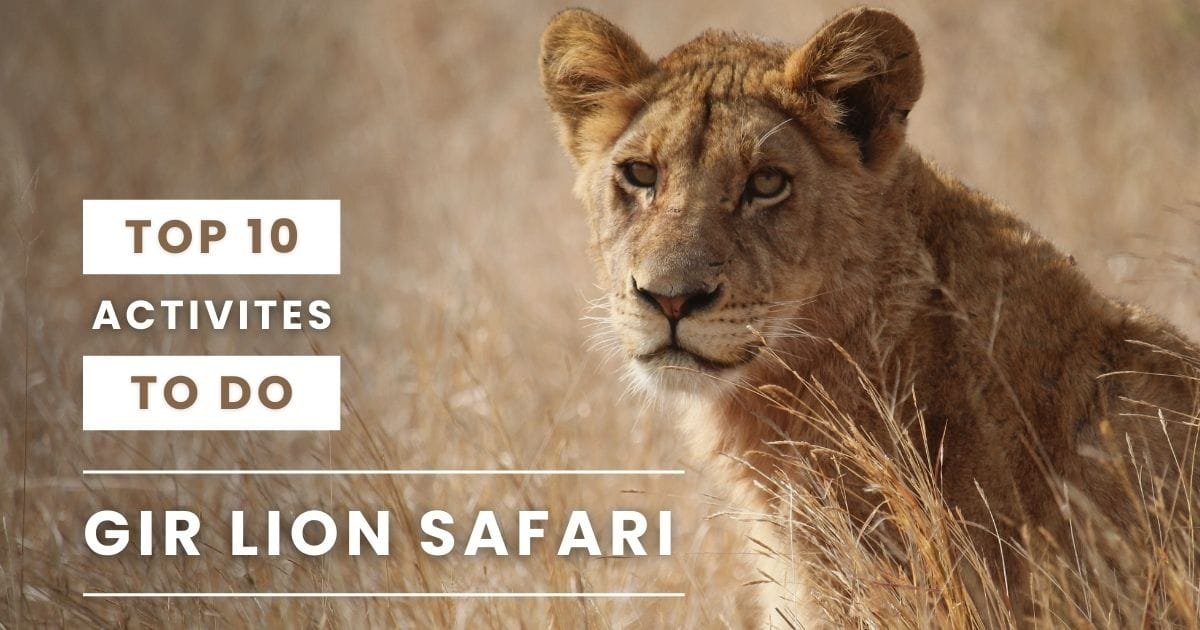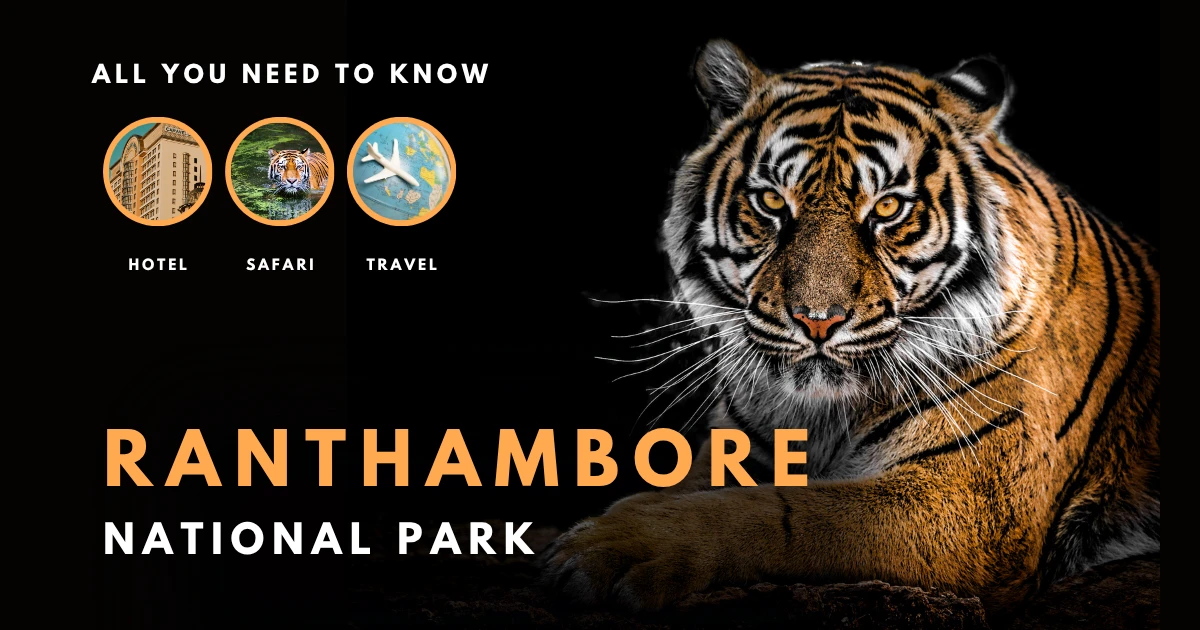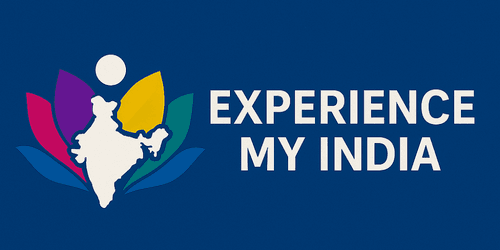India’s forests are more than just trees and trails—they’re worlds full of life, stories, and untamed beauty. From the roar of a tiger in the tall grass of Madhya Pradesh to the gentle walk of an elephant through Kerala’s jungles, the National Parks in India promise a wild and unforgettable journey. As wildlife tourism evolves, 2025 is set to bring smarter safaris, better eco-resorts, and immersive experiences that are respectful to both nature and visitors.
Whether you’re planning your first safari or are a seasoned wildlife lover, here’s a complete guide to the Top 10 National Parks in India for a Wild Safari in 2025—with expert travel tips, wildlife highlights, and best timings.
1. Jim Corbett National Park, Uttarakhand – Where Indian Safaris Began
Established in 1936, Jim Corbett is India’s first and oldest national park. Nestled in the Himalayan foothills, it offers a magical mix of rivers, dense sal forests, and open grasslands.
- Famous for: Royal Bengal Tigers, wild elephants, crocodiles, and leopards
- Zones: Dhikala, Bijrani, Jhirna, and Dhela (each offering a unique experience)
- Safari options: Jeep, canter, walking trails in buffer zones
- Accommodation: Forest lodges in Dhikala or riverside resorts near Ramnagar
- Best time to visit: November to mid-June (Dhikala zone closes during monsoon)
Pro Tip: Stay inside the core zone (if available) for early morning tiger sightings.
2. Ranthambore National Park, Rajasthan – Land of Forts and Felines
One of the most photogenic National Parks in India, Ranthambore uniquely combines historical ruins with thrilling tiger encounters.
- Famous for: Tigers seen against fort walls and lakes, leopards, sloth bears
- Zones: 10 safari zones; Zone 3 and 4 are known for frequent tiger sightings
- Unique feature: 10th-century Ranthambore Fort inside the park
- Safari types: Open gypsy and canter safaris available in morning and evening
- Best time to visit: October to April
Pro Tip: Book well in advance for Zone 3—home to popular tigresses like Arrowhead.
3. Bandhavgarh National Park, Madhya Pradesh – Highest Tiger Density in India
A wildlife haven where tigers roam freely, Bandhavgarh is compact yet rich in sightings, making it a must-visit in any list of top National Parks in India.
- Famous for: High chances of spotting tigers and white tigers (outside museum)
- Zones: Tala, Magadhi, and Khitauli (Tala being the premium zone)
- Best time to visit: February to June for summer sightings
- Other species: Sambar, wild boar, leopards, and over 250 bird species
- Unique feature: Bandhavgarh Fort ruins, linked to Ramayana legends
Pro Tip: Stay near Tala gate and choose early morning safari slots for better visibility.
4. Kaziranga National Park, Assam – Home of the One-Horned Rhino
Kaziranga is a UNESCO World Heritage Site and one of the most successful conservation stories in India.
- Famous for: Over 2,400 one-horned rhinoceroses, swamp deer, wild buffalo
- Terrain: Vast floodplains, tall elephant grass, wetlands
- Zones: Central (Kohora), Eastern (Agoratoli), Western (Bagori)
- Safari options: Jeep and elephant-back safaris
- Best time to visit: November to April (monsoon closures from May to Oct)
Pro Tip: Book an early morning elephant safari for up-close rhino sightings.
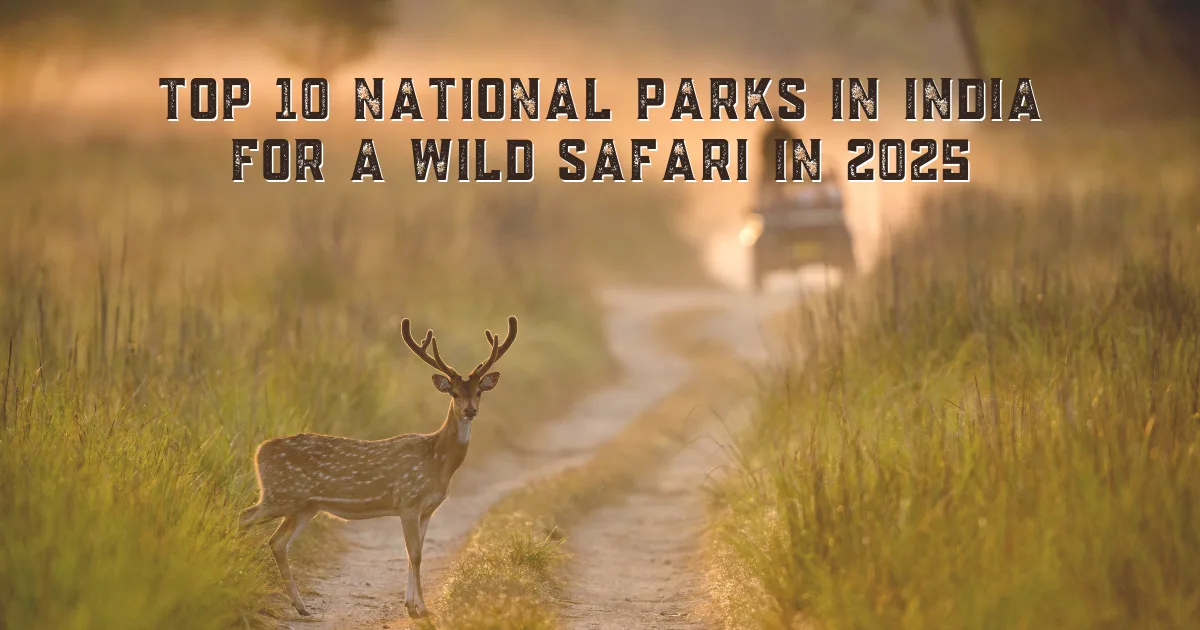
5. Tadoba Andhari Tiger Reserve, Maharashtra – The Hidden Gem
Tadoba is one of the most underrated yet rewarding National Parks in India. With fewer crowds, it offers intimate wildlife experiences.
- Famous for: Tigers, leopards, sloth bears, and wild dogs
- Safari zones: Moharli, Kolara, and Navegaon are most popular
- Best time: February to May, when waterholes become prime sighting spots
- Accommodation: Affordable eco-resorts and MTDC lodges
- Safari tips: Early morning or late afternoon rides work best during summer
Pro Tip: Tadoba’s tigers are less shy—carry a camera with zoom for stunning wildlife portraits.
6. Kanha National Park, Madhya Pradesh – Jungle Book’s Real-Life Inspiration
Kanha is the lush forest that inspired Rudyard Kipling’s The Jungle Book. It's also one of the most well-managed parks in India.
- Famous for: Tigers, barasingha (swamp deer), and hard ground deer
- Zones: Kanha, Kisli, Mukki, and Sarhi
- Best time to visit: October to June
- Eco-tourism: Interpretive centres and well-guided nature trails
- Unique feature: Bamni Dadar (Sunset Point)
Pro Tip: Don’t miss the buffer zone night safari—it’s less crowded and full of surprises.
7. Sundarbans National Park, West Bengal – The Mangrove Mystery
A wild and mysterious world of tides, tigers, and tangled roots, Sundarbans offers a safari experience unlike any other in India.
- Famous for: Royal Bengal Tigers adapted to swimming, estuarine crocodiles, river dolphins
- Safari style: Boat safaris through mangrove creeks
- Flora: Dense mangrove forests including Sundari trees
- Best time to visit: November to March
- Conservation status: UNESCO World Heritage Site
Pro Tip: Stay in eco-villages for authentic Bengal hospitality and guided village walks.
8. Periyar National Park, Kerala – A Lake Safari Experience
Periyar is one of the few National Parks in India where you explore wildlife by boat—making it safe, scenic, and family-friendly.
- Famous for: Elephants, sambar deer, wild boars, and otters
- Landscape: Periyar Lake, evergreen forests, and hilly terrain
- Safari options: Boat safari, bamboo rafting, guided jungle treks
- Nearby towns: Thekkady, known for spice plantations and Ayurvedic resorts
- Best time to visit: September to April
Pro Tip: Choose early morning boat safaris for a higher chance of spotting herds.
9. Satpura National Park, Madhya Pradesh – Offbeat and Rich in Biodiversity
For travelers looking to escape the crowds and explore India’s wilder side, Satpura is the answer.
- Famous for: Leopards, sloth bears, wild dogs, and rarely-seen Malabar giant squirrels
- Activities: Walking safaris, boat rides, canoeing, and jeep safaris
- Landscape: Hilly terrains, sandstone peaks, deep gorges
- Accommodation: Unique treehouse stays and riverside jungle camps
- Best time to visit: October to April
Pro Tip: Take a walking safari—it’s rare in India and guided by naturalists.
10. Hemis National Park, Ladakh – Snow Leopards and Himalayan Heights
Hemis, India’s highest altitude national park, offers unmatched chances to see the elusive snow leopard.
- Famous for: Snow leopards, Tibetan wolves, Himalayan blue sheep (bharal)
- Terrain: Rugged mountains, cold desert climate, and ancient Buddhist monasteries
- Entry point: Leh (requires acclimatization to altitude)
- Safari style: Trekking-based wildlife watching
- Best time: January to March (snow leopard tracking season)
Pro Tip: Book with licensed wildlife tour operators for snow leopard tracking camps.
FAQs – National Parks in India for a Wild Safari in 2025
1. Which National Park in India is best for tiger sightings?
Bandhavgarh and Ranthambore offer the most frequent and reliable tiger sightings.
2. Can I book safari permits online?
Yes, most parks allow online bookings via state forest department portals or authorized agents.
3. Are National Parks open year-round?
No. Most parks close from July to September for monsoon. Always check opening dates before planning.
4. Which is the best time for wildlife photography?
March to May offers great light and more chances to photograph animals at waterholes.
5. Can children join a safari?
Yes. Most parks allow children above 5 years with proper supervision.
6. Do all parks offer night safaris?
Only a few parks like Satpura and Pench offer regulated night safari experiences.
7. Are there eco-stays inside the parks?
Yes. Parks like Jim Corbett, Kanha, and Tadoba offer forest lodges inside buffer/core zones.
8. Which National Park is best for birdwatchers?
Sundarbans, Keoladeo (Bharatpur), and Satpura are excellent for bird lovers.
9. Is it safe to visit National Parks in India?
Yes, if you follow park rules, stay with guides, and respect wildlife boundaries.
10. Can I spot a snow leopard in India?
Yes. Hemis National Park in Ladakh offers snow leopard tracking treks during winter.
Conclusion – Step into the Wild, Leave with Wonder
Exploring the National Parks in India is more than a holiday—it’s a reconnection with nature in its purest form. Whether you dream of hearing a tiger's roar, spotting a rhino through the mist, or witnessing the quiet beauty of an elephant herd by a lake, 2025 offers the perfect time to make it happen.
Contact Experience My India Today:
📞Call Us: +91 7037550028
📲WhatsApp Us: +91 7037550028
🌐Visit Our Website: Experience My India
Plan your wildlife safari with Experience My India – where the wild welcomes you.



